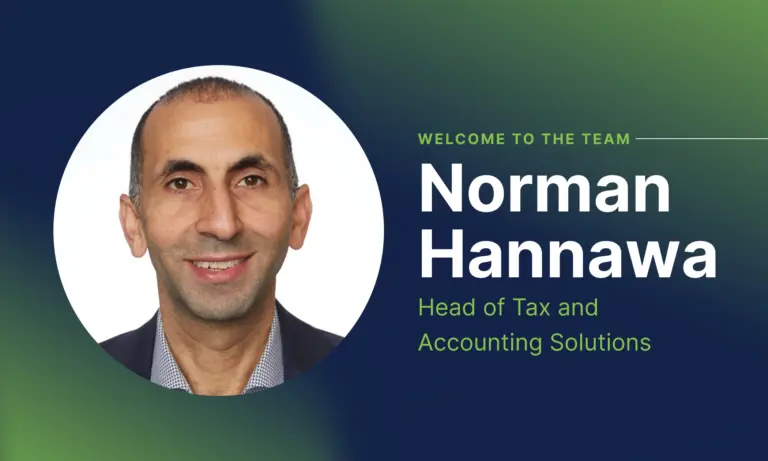Swapping, zapping, farming. Smart contracts, NFTs, wormholes. Welcome to the world of cryptocurrency accounting. Not only is the vocabulary often foreign, but the underlying technology is evolving so rapidly that it can take time to remain informed.
If your clients engage with cryptocurrency, you need to support them or risk losing business. If you don’t yet have clients with cryptocurrency, you will soon enough.
The good news is that you don’t have to keep up with technological advancements in cryptocurrency. If you select the right technology partner, you can continue to focus on delivering value to your clients as they push the envelope.
Following is some practical advice for those offering professional cryptocurrency accounting services. While certainly not exhaustive, awareness of potential issues and solutions will keep you sane.
Information over data
Your clients could easily have transaction volumes in the tens of thousands, even when the total portfolio value is under $500. The vast amount of data resulting from cryptocurrency transactions is staggering, and so much data equals noise. You need the data to be transformed into actionable information.
A few short years ago, cryptocurrency transactions were mainly limited to simple value transfers, trading one token for another on a centralized exchange like Coinbase. Simple value transfer was relatively easy to track and was only complicated as the number of trades scaled in volume. With the advent of smart contracts, decentralized finance (DeFi) came to fruition. DeFi removed the need for centralized third parties and required astute technologists to understand what was happening.
Transaction execution on DeFi platforms could include multiple tokens with the business rules of the contract limited only by an engineer’s imagination.
Naming conventions don’t exist in the realm of DeFi. Transactions can have names like swap, zap, claim, or anything a programmer can imagine. As an accounting professional, you need to know how to map transactions to something you are familiar with. Take swaps; for example, you shouldn’t need to know all the different names for a swap. All you should care about are the tokens involved in the trade. What token made up the buy side. What token made up the sell side. And whether there was a related fee.
Naming conventions for DeFi actions can vary wildly.
The point is that you are a financial professional, not a big data expert. Some platforms will aggregate and normalize the data so that you can provide your expertise. Focus on the platforms that enrich your skill set instead of trying to replace you.
Conversation starters
Where do you start if your client has thousands, tens of thousands, or hundreds of millions of transactions? Start high-level, aggregate reports. You can’t and shouldn’t have to review every transaction. Aggregate reports that supply details about income, PNL, realized and unrealized gains, transfers, and myriad other transaction types allow you to have a productive conversation with your client.
As valuable as aggregate reports are, always insist the underlying data is available so you can back up any position you take.
Embrace reconciliation
The essential aggregate report and your first line of defense is a reconciliation report. A reconciliation should balance all cryptocurrency activity in quantity and value. If there is a material difference, the reconciliation report becomes a tool for a conversation with the client.
As an example, the buy side and sell side should always balance. When executing a swap of ETH for BAT (or any other tokens), the sell price of ETH and the buy price of BAT must reconcile.
Reconciliation reports are an important tool for client communication.
Defaults as a safety net
You want to avoid a platform that makes accounting decisions for you. You are the financial professional and can best serve your client when armed with the information required to make informed decisions.
Your clients may request that you defend interesting positions. Given the potential transaction volume, addressing all the activity is not manageable. That’s why conservative default positions are essential. Take an aggressive stance when you can support it, but default to a conservative position initially.
Flexibility in an uncertain regulatory environment
The positions you take should be business rules that you apply to a solid foundation. This means the underlying transaction level data should not change regardless of the position you are defending.
With uncertainty around regulations and compliance, having a solid foundation will instill confidence in your clients.
We are all in this together
If you have struggled to understand cryptocurrency transactions, keep at it. You are an expert in your field. You simply need the tools to help you navigate the world of cryptocurrency.
Perry Woodin is the founder of NODE40, a digital assets analytics company with a deep technology bench. NODE40 produces institutional-grade software that solves the hard problem of transforming complex data into actionable information.
For more information, you can email info@node40.com, or visit the website at https://www.node40.com/



